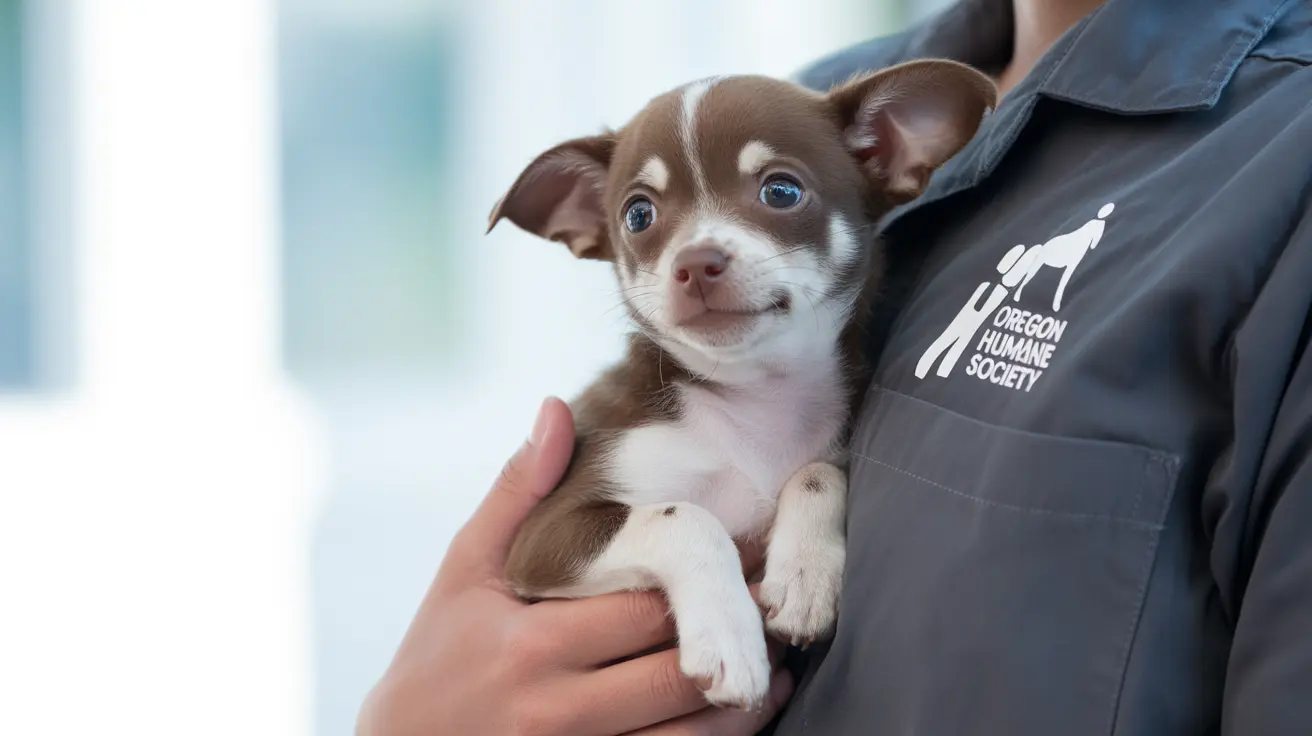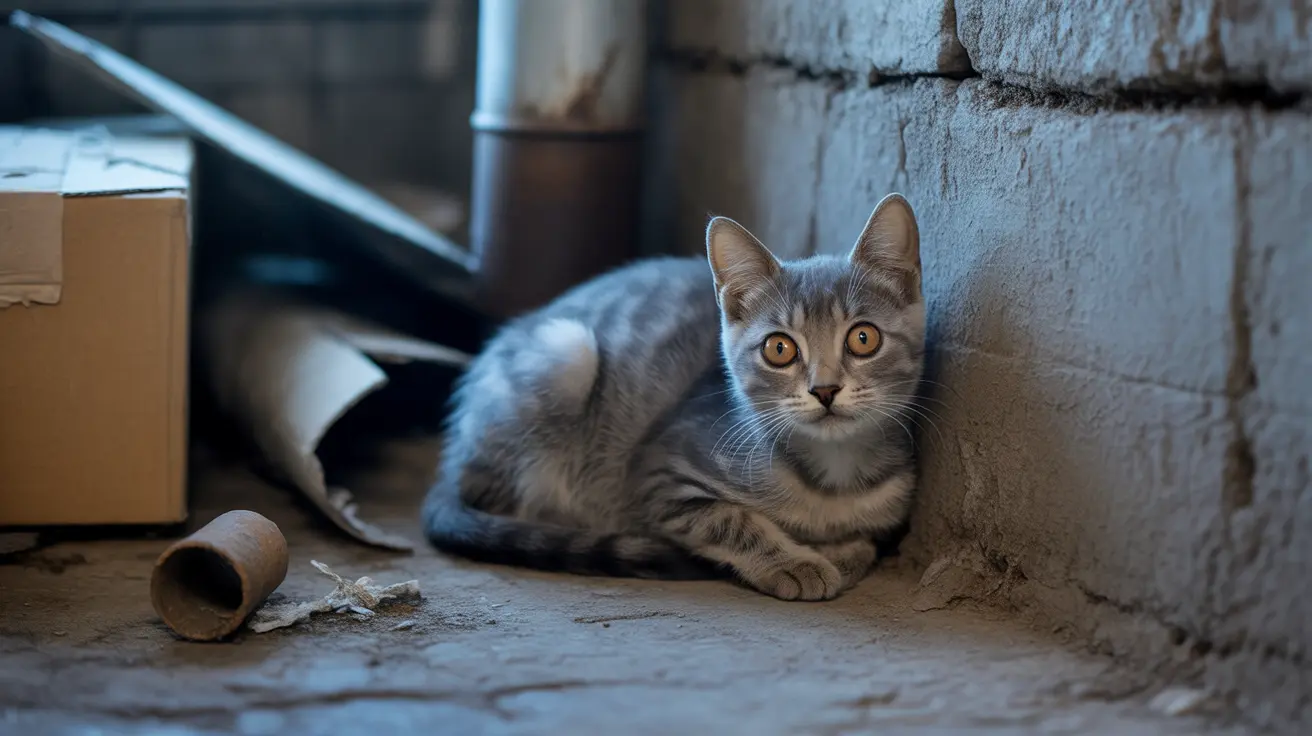Understanding How Long Pet Grief Lasts
Losing a beloved pet is a deeply emotional experience. Grief is a natural response to loss, and its duration can vary widely from person to person. For many pet owners, grieving the death of a pet is as intense and complex as grieving a human loved one.
The Nature of Pet Grief
Grief is not a linear process; it unfolds uniquely for each individual. When a pet dies, the emotional impact can be significant due to the strong bond people share with their companion animals. Pets often serve as constant sources of companionship, love, and comfort.
Factors Affecting the Duration of Pet Grief:
- Depth of Attachment: A closer, more personal bond typically results in a more prolonged grieving process.
- Circumstances of the Loss: Sudden or traumatic losses may intensify grief and extend its duration.
- Support System: Having understanding family or friends can help shorten the grieving period.
- Past Experience with Loss: Someone with unresolved previous losses may grieve longer.
- Personality and Coping Skills: People with strong emotional coping mechanisms often move through grief more easily.
Typical Timeframes for Pet Grief
While everyone's journey is different, studies and psychological experts suggest that grief after the loss of a pet commonly fits into a range:
- Acute phase: The most intense phase can last from a few days up to two months. Symptoms may include deep sadness, crying, lack of appetite, and disrupted sleep.
- Adjustment phase: This often spans from two to six months as the individual begins to adapt to life without their pet.
- Integration phase: Grief becomes less intrusive, and positive memories gradually replace the pain over the course of six months to a year or longer.
Some people experience what's known as
complicated or prolonged grief, which may linger for over a year and require professional support to process.
Grief Symptoms and Coping Strategies
Grief manifests emotionally, physically, and behaviorally. Common symptoms include:
- Sadness, tearfulness, and emotional numbness
- Changes in eating or sleeping patterns
- Fatigue and loss of motivation
- Guilt or remorse over the pet’s death
- Social withdrawal
Effective coping strategies to help during this time include:
- Talking about your loss: Share your feelings with trusted friends or support groups specialized in pet loss.
- Creating rituals: Hold a memorial or create a scrapbook to honor your pet's memory.
- Self-care: Maintain healthy routines, including nutrition, exercise, and adequate rest.
- Seeking professional help: Grief counselors or therapists can provide tools to process your emotions.
Children and Pet Grief
Children may take longer to process pet loss or may grieve in unpredictable ways. It's important to validate their emotions, offer explanations appropriate to their age, and allow them to grieve at their own pace.
When to Consider a New Pet
There’s no set timeline for welcoming a new pet. Some find comfort in bringing home a new animal shortly after a loss, while others need months or even years before they’re ready. It’s essential not to treat a new pet as a replacement, but rather as a new companion whose presence can bring joy in different ways.
The Importance of Honoring Your Grieving Process
Everyone heals at their own pace. Whether your sorrow fades in weeks or takes years to ease, acknowledging your loss and giving yourself permission to feel is vital. Pet grief is a sign of deep love and connection, and it deserves the same patience and compassion as any form of mourning.





